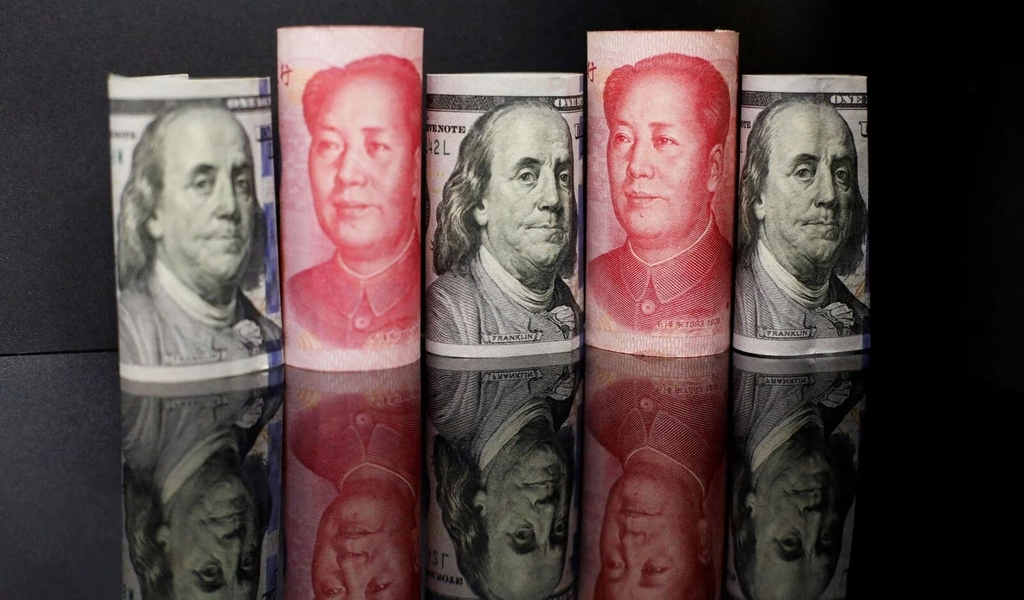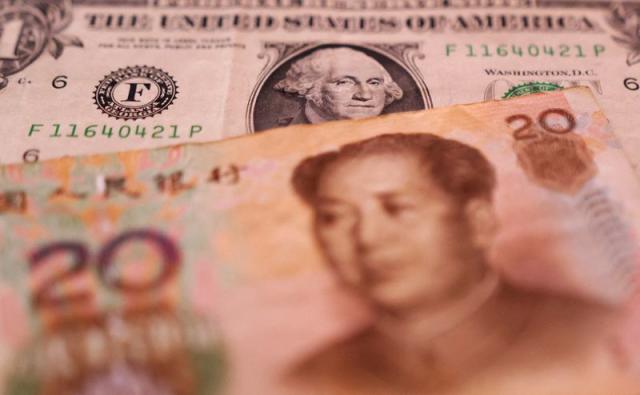News
China’s Central Bank Urges Banks to Delay Squaring Forex Positions to Stabilize Yuan

(CTN News) – The People’s Bank of China (PBOC) has reportedly taken steps to stabilize the yuan amid its recent decline against the U.S. dollar.
According to sources familiar with the matter, the central bank has issued informal guidance to major banks in the country, urging them not to immediately offset their foreign exchange positions in the market.
Instead, these banks have been encouraged to maintain open positions for a period to ease downward pressure on the yuan.
As part of this guidance, banks are instructed not to square their positions in the inter-bank foreign exchange markets right after conducting U.S. dollar sales to clients.
Impact on Yuan
They should only do so once their spot foreign exchange position reaches a certain level. Most banks have predefined limits within which they can hold net short or long foreign currency positions in the dollar-yuan markets.
Effectively, this directive means that some of the substantial dollar purchases made by companies will be absorbed by banks and remain on their books for a while, partially alleviating the downward pressure on the yuan.
The guidance was issued during a meeting between the PBOC and several commercial banks, and it coincides with China’s upcoming golden week holidays in early October.
These holidays typically witness increased overseas travel and a rise in dollar demand. Banks have also been encouraged to advise their clients to delay dollar purchases.
Several factors have contributed to the yuan’s depreciation against the U.S. dollar, including widening yield differentials with other major economies, especially the United States, and a sluggish domestic economic recovery.
The declining yuan has led to an imbalanced market as exporters choose to keep their dollar earnings in deposits rather than converting them into yuan (renminbi).
The PBOC’s efforts to stabilize the yuan have included setting stronger-than-expected midpoint fixings and increasing the supply of dollars by lowering the required foreign exchange reserves for banks.
These actions are part of China’s strategy to manage the yuan’s exchange rate and prevent excessive depreciation. The country’s foreign exchange self-regulatory body has emphasized its commitment to averting the yuan from overshooting and intervening as necessary to correct one-sided and pro-cyclical activities.
In summary, the PBOC’s informal guidance to banks to refrain from immediately squaring their foreign exchange positions is aimed at stabilizing the yuan and managing its exchange rate amid various economic challenges. The central bank is using administrative tools to smoothen price action and maintain control over the currency’s movement.




























